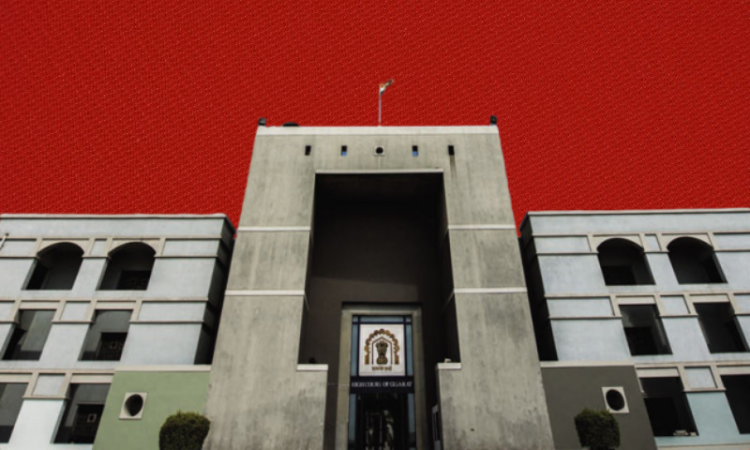Telegraph Act | Suit Over Insufficiency Of Compensation Maintainable In Civil Court: Gujarat High Court
PRIYANKA PREET
30 July 2022 11:15 AM IST

Next Story
30 July 2022 11:15 AM IST
The Gujarat High Court recently ruled that under the Indian Telegraph Act, 1885, determination of full compensation to the aggrieved can be done by the civil court if the dispute is regarding the insufficiency of compensation paid under Section 10(d) of the Act. Justice Umesh Trivedi found that such claims need not be filed before the District Judge as contended by the...
